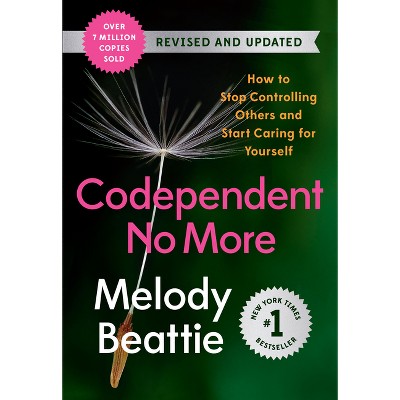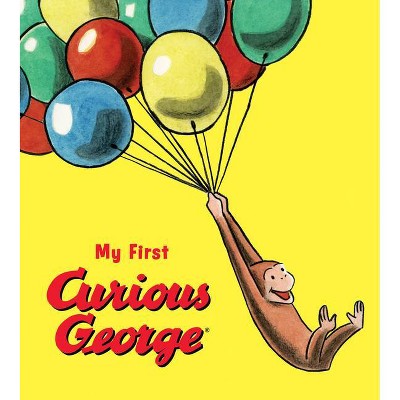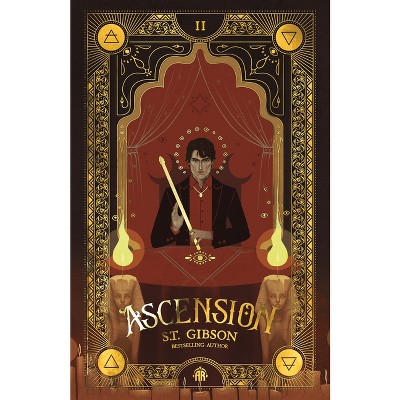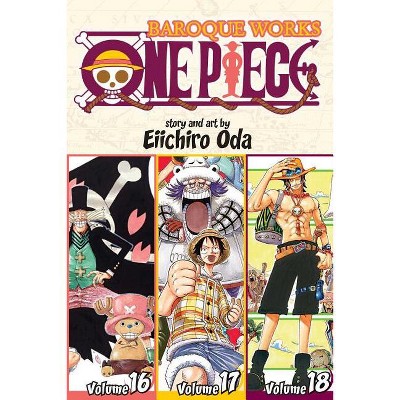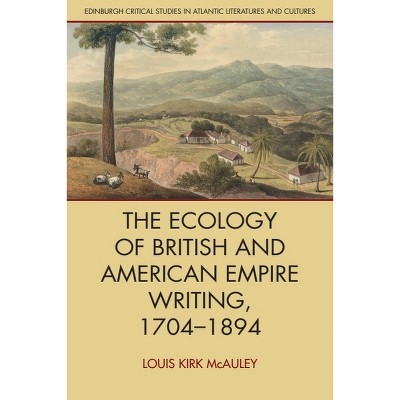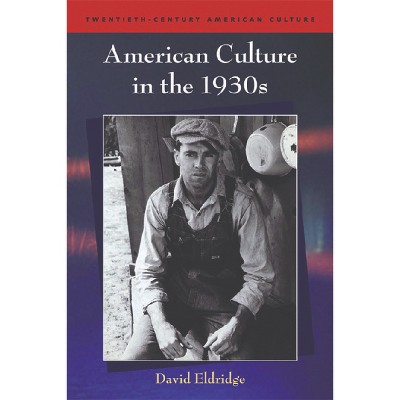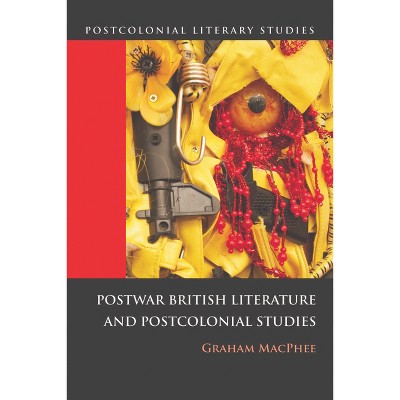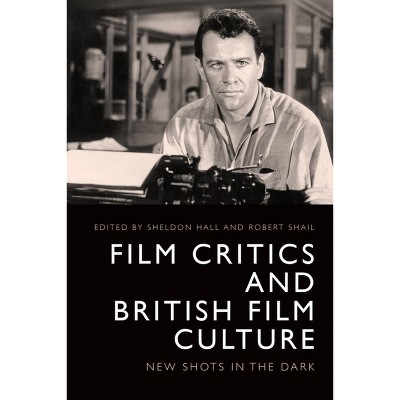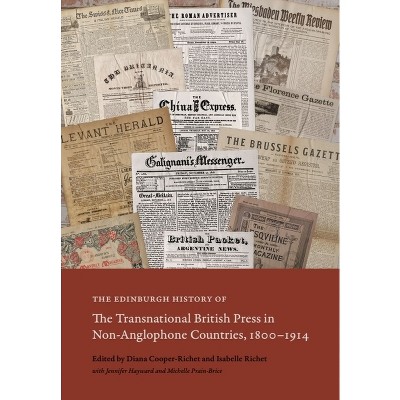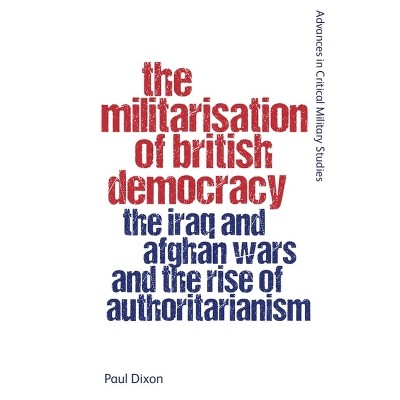Psychic Connection and the Twentieth-Century British Novel - by Mark Taylor

About this item
Highlights
- Criticism of the novel routinely starts with the assumption that characters must think, develop and strive for self-fulfilment as individuals.
- About the Author: Mark Taylor is a specialist in twentieth-century British literature, most recently working as Assistant Professor in English Literature at HSE University, Moscow.
- 200 Pages
- Literary Criticism, Books & Reading
Description
About the Book
Contends that the twentieth century novel's approach to character fundamentally shifted in response to contemporaneous theories of psychic connectionBook Synopsis
Criticism of the novel routinely starts with the assumption that characters must think, develop and strive for self-fulfilment as individuals. This book challenges the paradigm that individualism is innate to the novel as a medium. It describes how major writers throughout the twentieth century - many convinced by the supposed findings of parapsychology - rejected the idea of the discrete character. Treating the self as porous, they offered novels structured around the development of communities and ideas rather than individuals. By focusing on D. H. Lawrence, Olaf Stapledon, Aldous Huxley and Doris Lessing, Mark Taylor demonstrates the need to broaden our approach to character when addressing the novel of the twentieth century and beyond.From the Back Cover
[headline]Contends that the twentieth century novel's approach to character fundamentally shifted in response to contemporaneous theories of psychic connection Criticism of the novel routinely starts with the assumption that characters must think, develop and strive for self-fulfilment as individuals. This book challenges the paradigm that individualism is innate to the novel as a medium. It describes how major writers throughout the twentieth century - many convinced by the supposed findings of parapsychology - rejected the idea of the discrete character. Treating the self as porous, they offered novels structured around the development of communities and ideas rather than individuals. By focusing on D. H. Lawrence, Olaf Stapledon, Aldous Huxley and Doris Lessing, Mark Taylor demonstrates the need to broaden our approach to character when addressing the novel of the twentieth century and beyond. [bio]Mark Taylor is a specialist in twentieth century British literature and most recently worked as Assistant Professor in English Literature at HSE University, Moscow. His work has been published in Modern Fiction Studies, Mosaic and Science Fiction Studies.Review Quotes
Taylor's book offers a fascinating alternative history of the twentieth-century British novel. While the novel form is often seen as the definitive narrative of individualism, Psychic Connection tracks a different path through telepathy, panpsychism, and visions of collective selves, working through D. H. Lawrence, Olaf Stapledon, Aldous Huxley and Doris Lessing, and ending with a generative reading of the contemporary 'network novels' of David Mitchell. A cogent and consistently compelling counter-narrative.
--Roger Luckhurst, Birkbeck CollegeAbout the Author
Mark Taylor is a specialist in twentieth-century British literature, most recently working as Assistant Professor in English Literature at HSE University, Moscow. His research focuses on notions of individual and collective selfhood in British literature of the previous century. His work has been published in Modern Fiction Studies, Mosaic and Science Fiction Studies.
